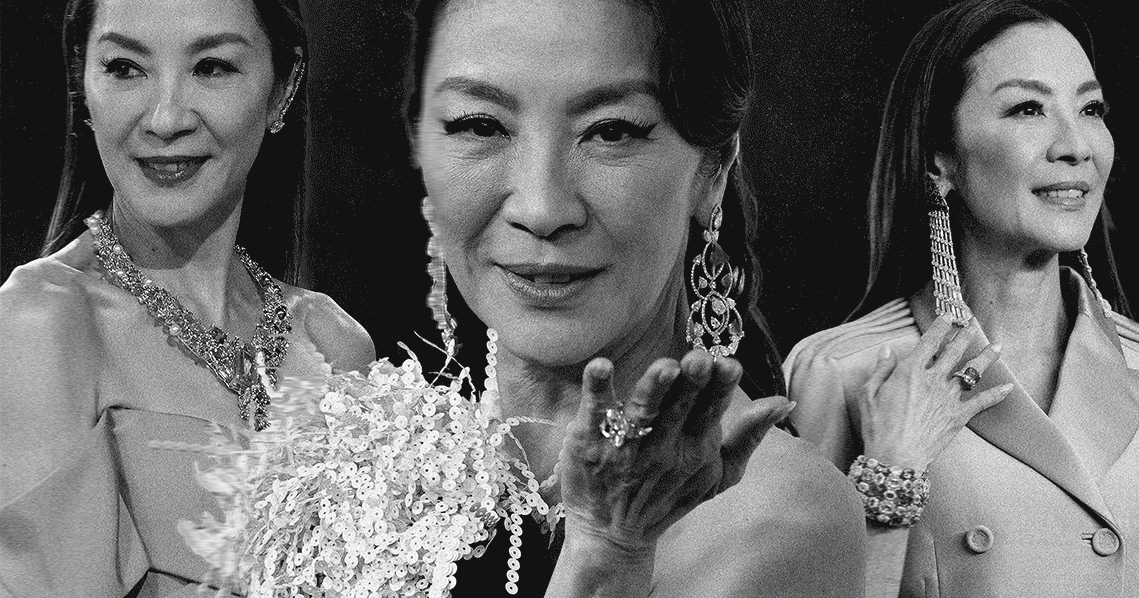Michelle Yeoh has long been an icon and a legend, with or without an Oscar. But whatever happened at the Dolby Theatre on Sunday night would always be about so much more. For anyone from a community that Hollywood has historically shut out, awards — for better or worse — often bear the weight of history.
For much of the night, many of us nervously waited with bated breath to see if she would actually win, as well as before every award for “Everything Everywhere All At Once,” which remarkably ended up winning seven Oscars, including Best Picture and Best Director. Yet all of that was far from assured, given the academy’s abysmal history when it comes to representation and inclusion.
Perhaps no one was more aware of the weight of that history than Yeoh herself, acknowledging it in her acceptance speech.
“For all the little boys and girls who look like me, watching tonight, this is a beacon of hope and possibilities. This is proof that dream big, and dreams do come true. And ladies, don’t let anybody tell you you are ever past your prime. Never give up,” she said.
At the end of her triumphant and cathartic speech, she directly noted the gravity of the moment: “Thank you to the academy. This is history in making.”
Everything loomed so large: The prospect of Yeoh becoming the first Asian actor to win an Oscar in the Best Actress category (and only the second woman of color ever) and the grim statistics. In fact, up until Sunday, more white women had won Best Actress for playing Asian characters in yellowface (one: Luise Rainer in the 1937 adaptation of “The Good Earth”) than, uh, actual Asian women, period (zero). In a nod to that history, Halle Berry, until now the first and only woman of color to win the Best Actress Oscar, presented the award to Yeoh on Sunday night.
Going into the ceremony, the “Everything Everywhere All At Once” star’s win or loss carried so much more weight than it would for the award season frontrunner Cate Blanchett,…
Read the full article here




